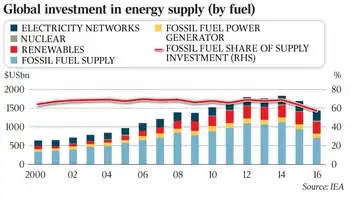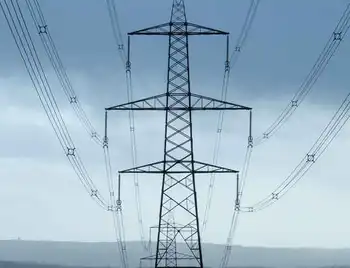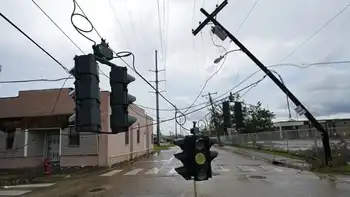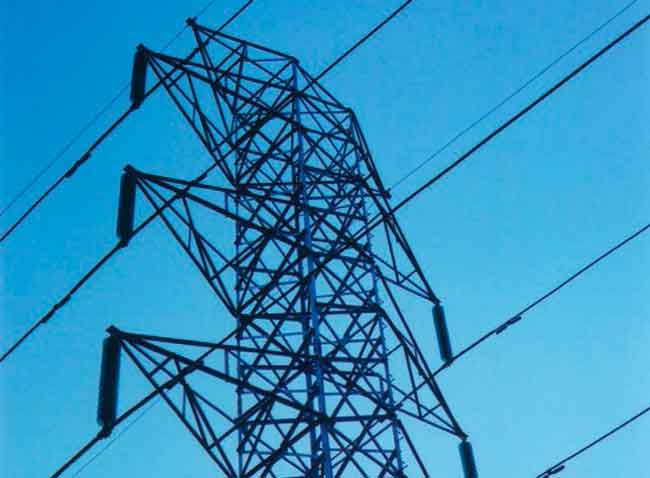LA utility at center of citys financial meltdown
By Associated Press
NFPA 70e Training - Arc Flash
Our customized live online or in‑person group training can be delivered to your staff at your location.

- Live Online
- 6 hours Instructor-led
- Group Training Available
Critics, however, saw the move as another overthetop expenditure of a behemoth bureaucracy that enjoys too much autonomy and undergoes too little scrutiny for the nations largest municipal utility.
The political class that runs the DWP is exceptionally arrogant, said Jack Humphreville, who monitors the utility for Los Angeles Neighborhood Council Coalition, a residents group. Theres a lack of respect for ratepayers.
From lactation contracts to pay raises, the DWPs moves have increasingly sparked the ire of the City Council and customers in recent years. But it now appears the powerful utility may have finally overplayed its hand.
The latest furor — over DWPs proposed rate hikes and refusal to contribute promised cash to city coffers — has spurred a push by a livid council to rein in the utilitys autonomy.
DWP watchdogs are delighted. Its the big gorilla in the city, said Nick Patsaouras, a former president of the DWPs board of commissioners who is now a critic of the utility. Now is a historic time to change how it operates. It is very insular.
In a statement, the DWP said it looked forward to addressing reform concerns with the council.
Critics say DWPs attitude of omnipotence dates back to its beginnings in the early 20th century when it secured the water rights that spurred the growth of the semiarid region into the sprawling metropolis it is today.
The power of the DWP was highlighted in the acclaimed 1974 movie, Chinatown. The noir gumshoe mystery revolves around the fictional murder of the utilitys chief engineer and his chicanery in the 1930s waterrights acquisition.
Today, DWP operates with a $5.7 billion budget and 8,600 employees. It runs 7,200 miles of pipeline that pump water into Los Angeles from rivers around the region, as well as the electrical grid that powers the nations secondlargest city.
For the most part, the utility keeps a low profile. But its recent moves have increasingly raised hackles.
Last year, voters defeated a ballot measure that would have awarded DWP workers the exclusive right to install solar panels in the city, locking out other construction trades. Ratepayers were infuriated that the DWP wanted to lift the cap on rate hikes due to increased raw material costs. City employees, who were facing furloughs and layoffs, were incensed at pay raises granted to DWP workers.
The DWP is a chronic source of tension, said Raphael Sonenshein, political scientist at California State University Fullerton.
In the latest controversy, the DWP this month reneged on a scheduled $73.5 million surplus fund transfer to the city after the council approved a smaller electricity rate hike than the amount DWP requested.
The DWPs refusal sent the financially strapped city, which is facing a $200 millionplus deficit this fiscal year, into a tailspin. Moodys Investor Services downgraded the citys bond ratings, and Mayor Antonio Villaraigosa proposed shutting down nonessential city services for two days a week. The DWPs credit rating also took a hit from Fitch Ratings.
The City Council accused the DWP of blackmailing the city over rate hikes. It seems that the Department is holding the City taxpayers hostage.... stated a letter from council leaders to the DWP. We firmly believe that the Department has the funds available to make the transfer.
The council approved measures to be placed on next years ballot asking voters to give it more control over the DWP and wrest much of the mayors power away. He appoints the utilitys five commissioners and its general manager. They also called on the utility to better explain its bills to customers.
Sonenshein said he doubted the councils measures would pass, but he noted they highlight the need for the DWP to be more transparent about its budget and mindful of how its actions are perceived.
They took their semiautonomy to mean they rule the roost, he said. They basically stuck a finger in the councils eye. What they did was flat out insulting.











